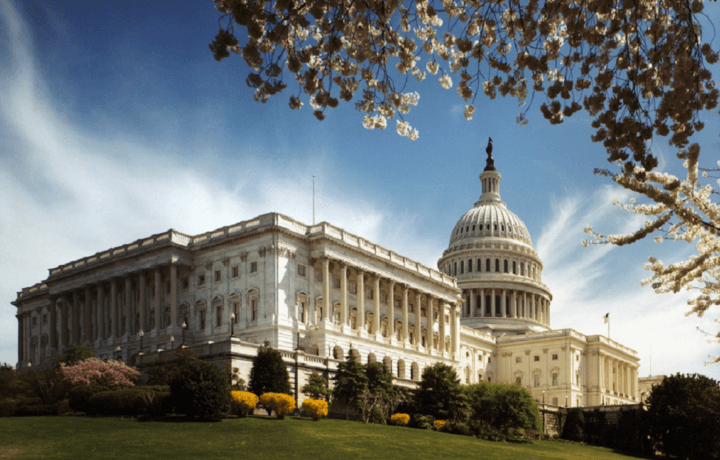Security clearance policies and procedures are born out of executive orders, but that doesn’t mean Congress doesn’t get a say in establishing priorities that improve the personnel security and vetting process. From Trusted Workforce 2.0 to efforts on clearance portability and improving timeliness, the Senate’s Intelligence Authorization Act frequently provides insight into priorities around improving the security clearance process and issues between industry and government agencies when it comes to vetting and onboarding cleared employees.
The Intelligence Authorization Act for Fiscal Year 2023 passed committee and while the only headlines around the legislation appear to be about an addendum related to the Pentagon’s exploration of UFOs, it’s worth noting the security clearance provisions the legislation includes.
While it’s true executive orders remain the primary force function establishing who gets access to classified information, the legislative branch plays a key role in offering oversight and insight into priorities around the security clearance process. A few provisions in the 2023 Intelligence Authorization Act worth noting include:
1. Accountability on Intelligence Community Onboarding
Oversight over timeliness is really where the Intelligence Committee shines when it comes to oversight. Security clearance timeliness is established within the Intelligence Reform and Terrorism Prevention Act of 2004, and congress has continued to make timeliness metrics and accountability a priority. The 2023 Intelligence Authorization Act requires a reporting within 90 days on timelines for onboarding within the IC. Within 180 days they are required to create a plan to reduce the amount of time that onboarding takes.
2. Polygraph Accountability and Timeliness
Ever controversial, polygraphs remain a critical albeit not determinative aspect of the security clearance process, particularly within the IC. The Intelligence Authorization Act requires an assessment of polygraphs by the comptroller of the United States along with a plan within 180 days for reporting on timeliness of polygraphs. Timeliness of polygraph examinations has been an issue, particularly in the past two years, with ability to obtain a polygraph an often delayed aspect of IC onboarding.
3. Prohibition of Clearance Denial related to pre-employment cannabis use.
This language just reiterates with the Office of the Director of National Intelligence (ODNI) has already stated when it comes to prior marijuana use as a determinative function in the clearance adjudication process.
4. New policy for security clearances not tied to specific contracts.
For federal contractors, rules regarding security clearances typically require each clearance to be attached to a specific government contract. The Intelligence Authorization Act directs ODNI to create a policy “for employee access to classified information for personnel who perform key management and oversight functions who may not merit an application due to their work under any one contract.”
There are additional provisions related to security clearances and personnel security within the Intelligence Authorization Act, including a directive to report on current SCIF utilization, reporting on the Trusted Workforce 2.0 initiative, and other issues.
While the executive agents conduct the muscle movements around the security clearance process, congress both acts as the tendons keeping the process nimble and the blood keeping everything circulating, through priority setting and budget activities.



